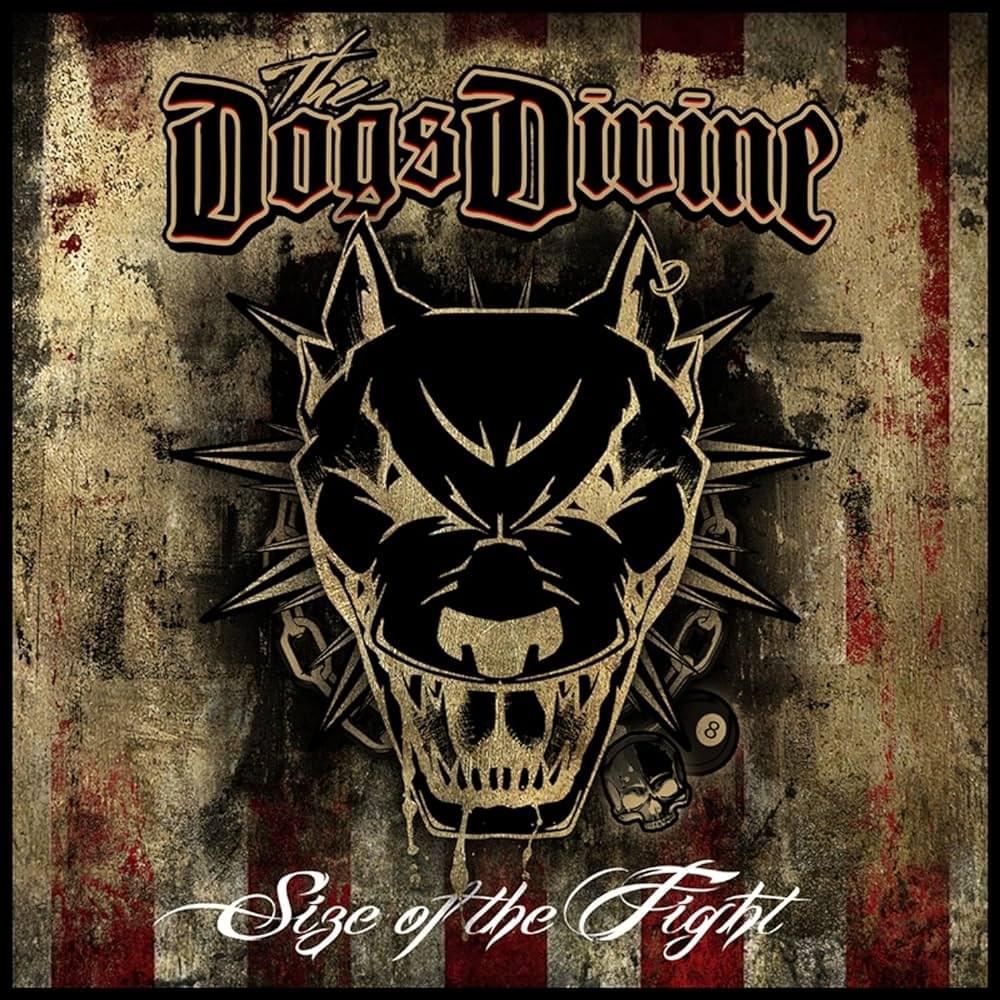The intricate tapestry of Bahá’í teachings encompasses a profound understanding of God’s nature, the human spirit, and our relationship with the world around us. One might ponder: how do these teachings intersect with our understanding of animals, particularly dogs, which hold a significant place in many cultures? This query opens a Pandora’s box of theological and ethical considerations that delves into the very core of Bahá’í belief.
At the heart of Bahá’í doctrine is the concept of the oneness of existence, a principle asserting that all life is interconnected. In this framework, animals, including dogs, are not merely creatures to be governed or utilized for human benefit. Instead, they are viewed as sentient beings with their own intrinsic value. This perspective invites adherents to reflect deeply on their responsibilities towards all living creatures, embodying a divinely ordained stewardship over the Earth.
The Bahá’í Faith illuminates the essential dignity of all beings, suggesting that every creature reflects some aspect of God’s attributes. The writings impart that animals, in their purity and simplicity, demonstrate qualities such as loyalty, love, and companionship that resonate profoundly within the human experience. Dogs, often regarded as humanity’s most loyal companions, exemplify these virtues in a unique manner. Their unwavering affection and dedication offer lessons on love and fidelity that transcend the species divide.
According to Bahá’í teachings, God is the ultimate source of love, a sentiment deeply woven into the fabric of creation. This divine love manifests in myriad forms, including the affectionate relationships we cultivate with our animal companions. The reciprocal love between humans and dogs serves as a poignant reminder of the interconnectedness of all living beings. It challenges the individual to ponder: how can we nurture these relationships in a manner that honors their divine essence?
Engaging with the notion of divine love leads to an exploration of the responsibilities humans must assume in their interactions with animals. The Bahá’í teachings advocate for compassionate treatment and humane care for all creatures, as they are seen as part of the divine order. This ethical framework raises a critical question: to what extent should we advocate for the welfare of animals, and how does this advocacy reflect our understanding of divine love?
In the Bahá’í worldview, it is paramount that the treatment of animals be imbued with respect and compassion. The emphasis on kindness towards animals is further solidified by the belief that the treatment of lesser beings mirrors one’s character and spiritual growth. This perspective could be perceived as a challenge, particularly in today’s fast-paced society where ethical considerations about consumption and the treatment of animals are often sidelined. How do we reconcile our daily practices with the lofty ideals espoused by our faith?
Moreover, Bahá’í teachings assert that all beings are on a journey of spiritual evolution. This belief extends beyond human beings to encompass animals as part of the continuum of creation. Dogs, due to their close bond with humans, are often depicted as being on a simplified journey toward understanding divine love. This notion raises intriguing contemplations about the spiritual development of animals and their place within the universe’s grand design. Would successful cultivation of virtues among human companions lead to a harmonious connection that ultimately elevates the collective spiritual experience?
As one delves deeper into the Bahá’í perspective on animals, the principle of non-violence looms large. The idea that all life is sacred implies a commitment to peace and harmony—not just among humans, but among all beings. Bahá’í teachings encourage followers to foster peace by adopting compassionate attitudes toward animals they encounter. Cultivating such attitudes can lead to a more profound understanding of divine love, challenging adherents to reflect on their own life choices related to animal welfare.
Furthermore, the Bahá’í emphasis on the interconnectedness of all life invites practitioners to consider the ecological ramifications of their actions. The decline of species and habitats calls for an urgent reassessment of human practices, raising the question of how Bahá’ís can contribute to the healing of the planet. The relationship with dogs exemplifies teamwork with nature, as their presence often enriches human lives, providing companionship and emotional support.
In this broader context, one can surmise that the love we express towards animals like dogs can serve as a mirror reflecting our understanding of divine love. Each interaction is an opportunity to embody the qualities attributed to the Creator: patience, kindness, and compassion. As Bahá’ís seek to develop a deeper connection with the divine, their relationship with animals becomes a vital element in manifesting these attributes.
Therefore, the Bahá’í view of animals, particularly dogs, extends beyond mere companionship; it is an invitation to explore and embody divine love in tangible ways. Through responsible stewardship, compassionate treatment, and respectful engagement, individuals can embrace the teachings of their faith and weave a narrative of love that encompasses not just humanity, but all of God’s creations. The challenge remains: how do we individually and collectively mobilize our efforts to honor these divine teachings in every aspect of our interaction with the animal kingdom?
